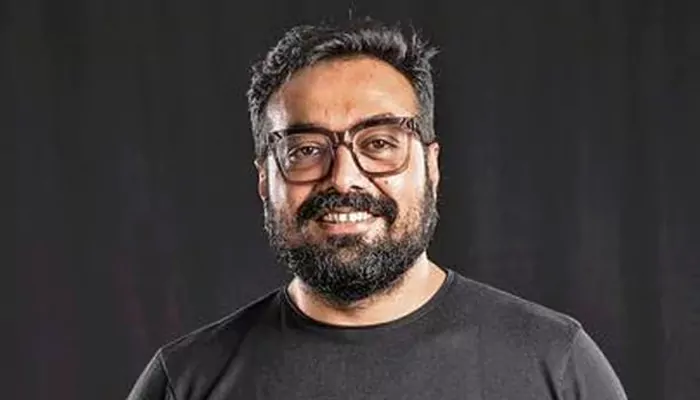
Anurag Kashyap has spent more than two decades creating stories that resist easy answers, disturb the comfortable, and celebrate the power of cinema to challenge society
Anurag Kashyap’s journey in cinema was never straightforward. Born in Gorakhpur in 1972, he did not arrive in Mumbai with ready contacts or industry support. His early years were marked by theatre and the search for a voice that could reflect the world he saw around him. What makes his story remarkable is not just the films he made, but the persistence with which he refused to bend to conventions.

When Black Friday was finally released in 2007, after years of delay, it changed the way Indian audiences viewed political cinema. It was not glossy or safe. It was real, uncomfortable, and uncompromising. Kashyap recreated Bombay in 1993 with raw honesty, letting the silences and shadows speak as loudly as the violence. For many, this film marked the arrival of a filmmaker unafraid to confront history and truth, even when it risked censorship.

One of Kashyap’s gifts has been his ability to take the familiar and turn it inside out. Dev.D is perhaps the best example. The tragic hero of Indian literature became, under his direction, a flawed, modern young man adrift in urban excess. The film’s music, energy, and visual style brought a new wave into Hindi cinema. With Gulaal, he once again showed his instinct for weaving politics, identity, and personal conflict into something strikingly cinematic.
Kashyap has always been more than just a director. He has been a mentor and enabler. Films like Udaan, Masaan, and The Lunchbox exist, in part, because he believed in them. By producing and supporting such projects, he opened doors for younger storytellers who may have otherwise remained unheard. In that sense, his legacy is as much about nurturing talent as it is about creating his own body of work.

If one film can be called his magnum opus, it is surely Gangs of Wasseypur. Spanning two parts, this tale of coal, crime, and revenge stretched across generations, giving Indian cinema its most ambitious gangster saga. Its wit, language, and sheer sprawl proved that Kashyap could handle stories of scale while never losing the texture of realism. The film’s place in global festivals confirmed that Indian cinema could be both rooted and international at the same time.
With Sacred Games, Kashyap once again found himself at the centre of a turning point. As India’s first Netflix original, the series allowed space for storytelling without the pressure of box-office formulas. It was layered, daring, and uncompromising in tone—qualities that have long defined his work. In many ways, this series introduced his vision to a wider global audience, solidifying his place as a creator who thrives when given the freedom to create.
Today, as Anurag Kashyap celebrates his birthday, his contribution to cinema feels larger than a filmography can convey. He represents defiance, experimentation, and a belief in the power of cinema to reflect society’s truths. His films may not always be easy, but they are always honest. For those who love serious, meaningful cinema, Kashyap is a reminder that art is at its strongest when it refuses to compromise. His rebel spirit has given Indian cinema a sharper edge and continues to inspire a new generation of storytellers.